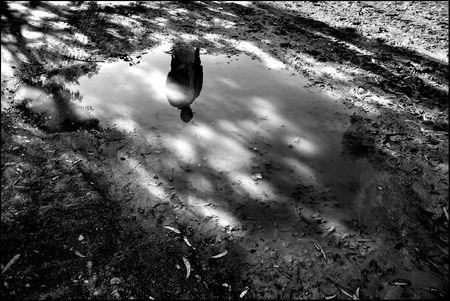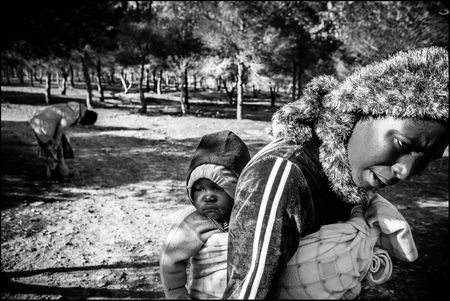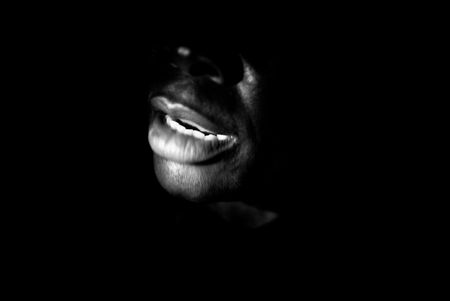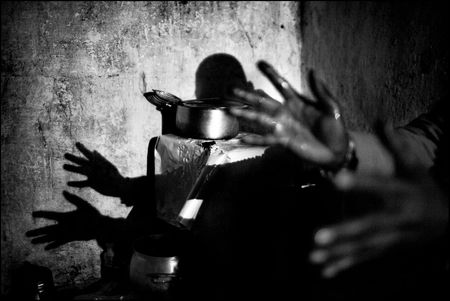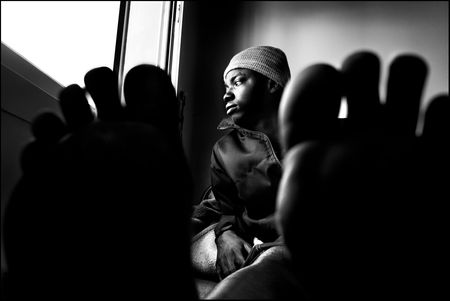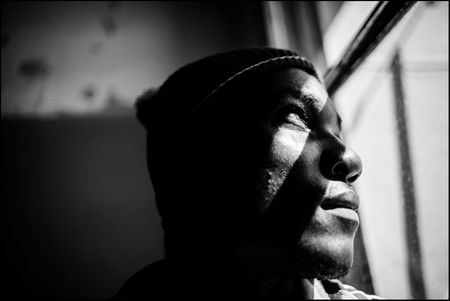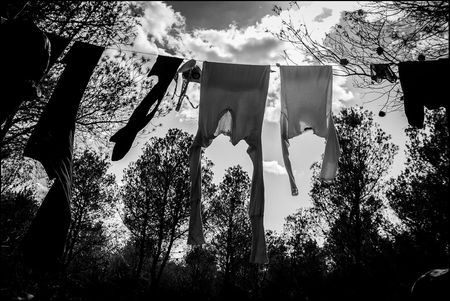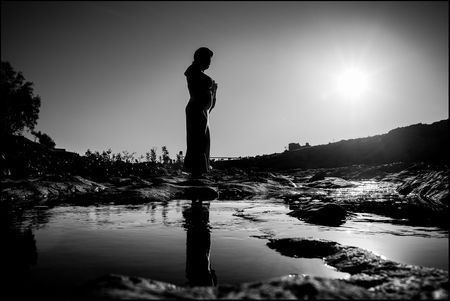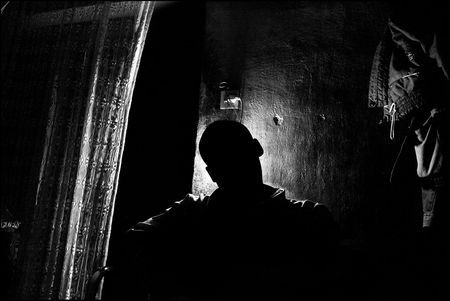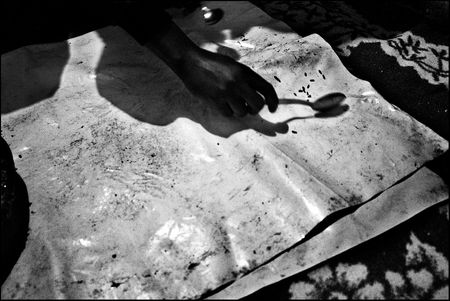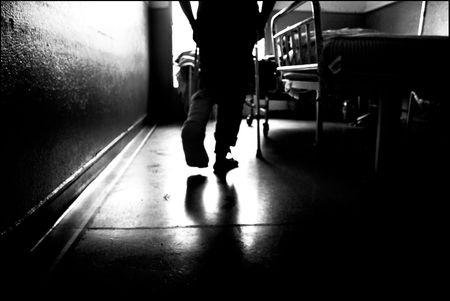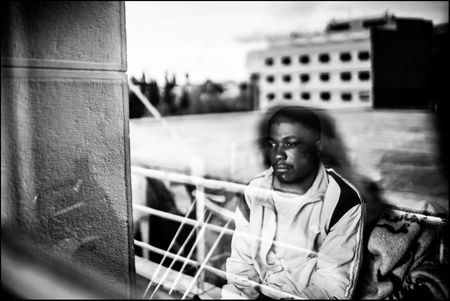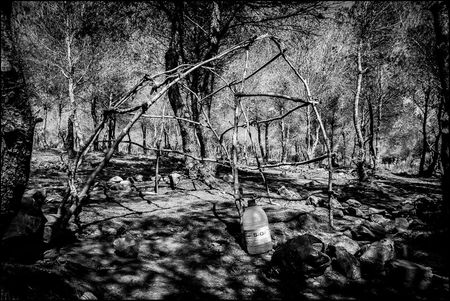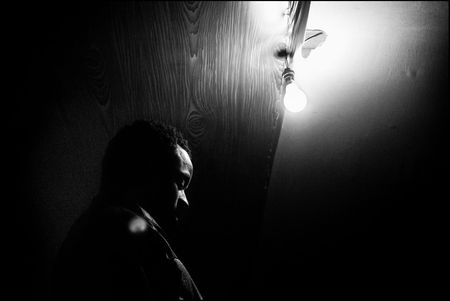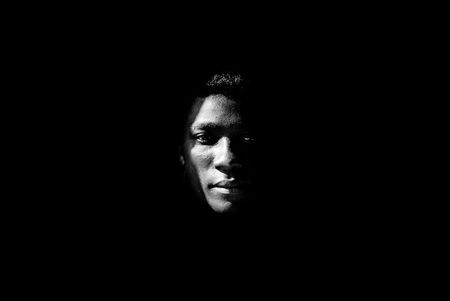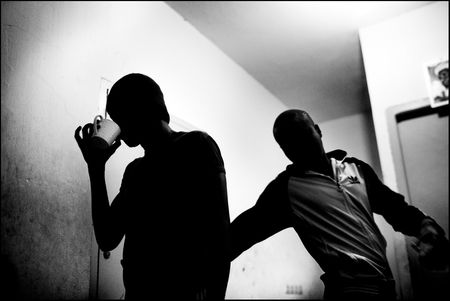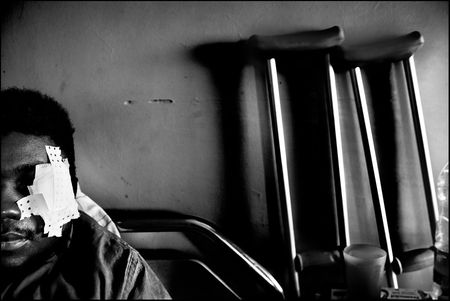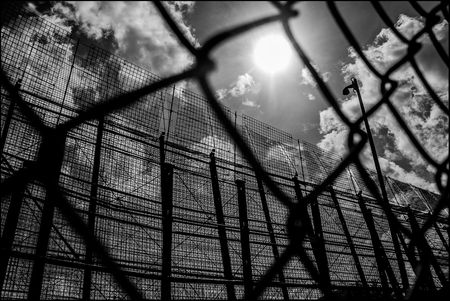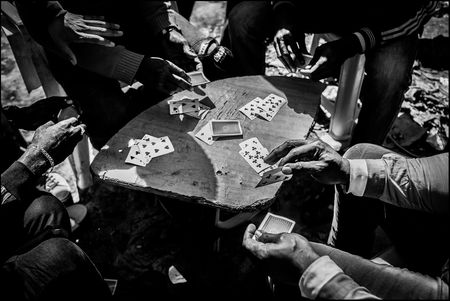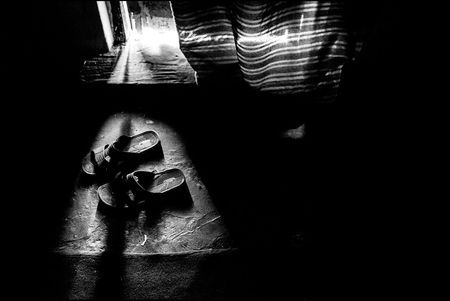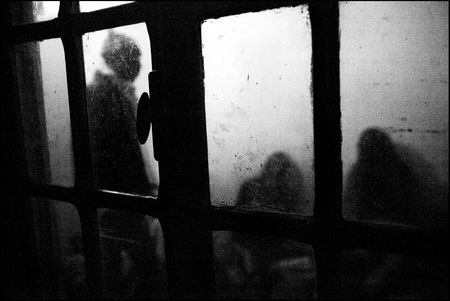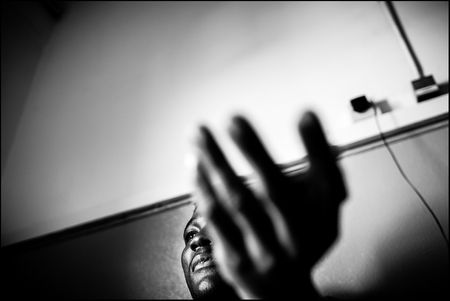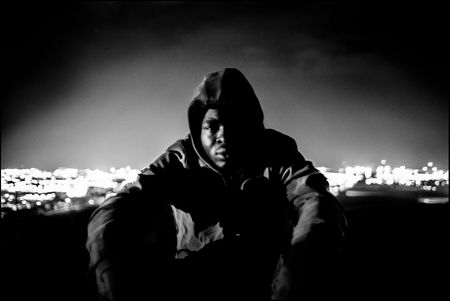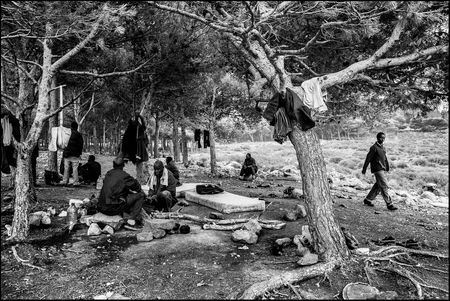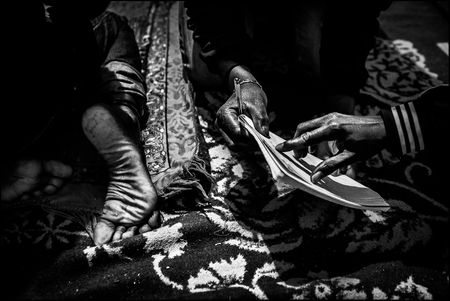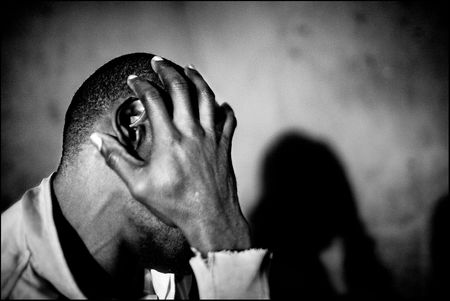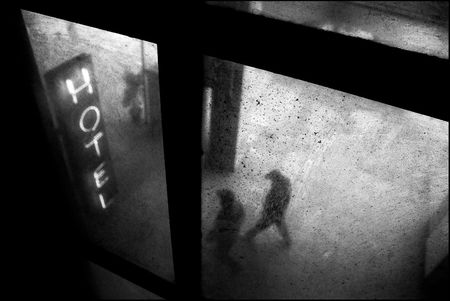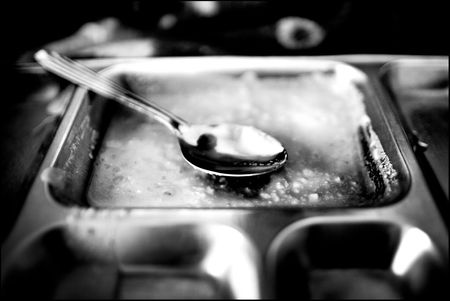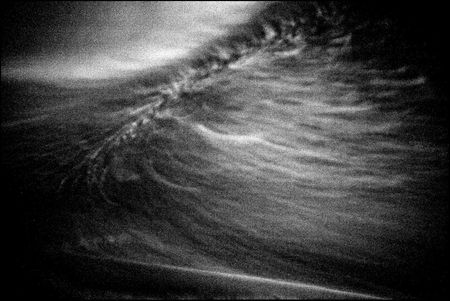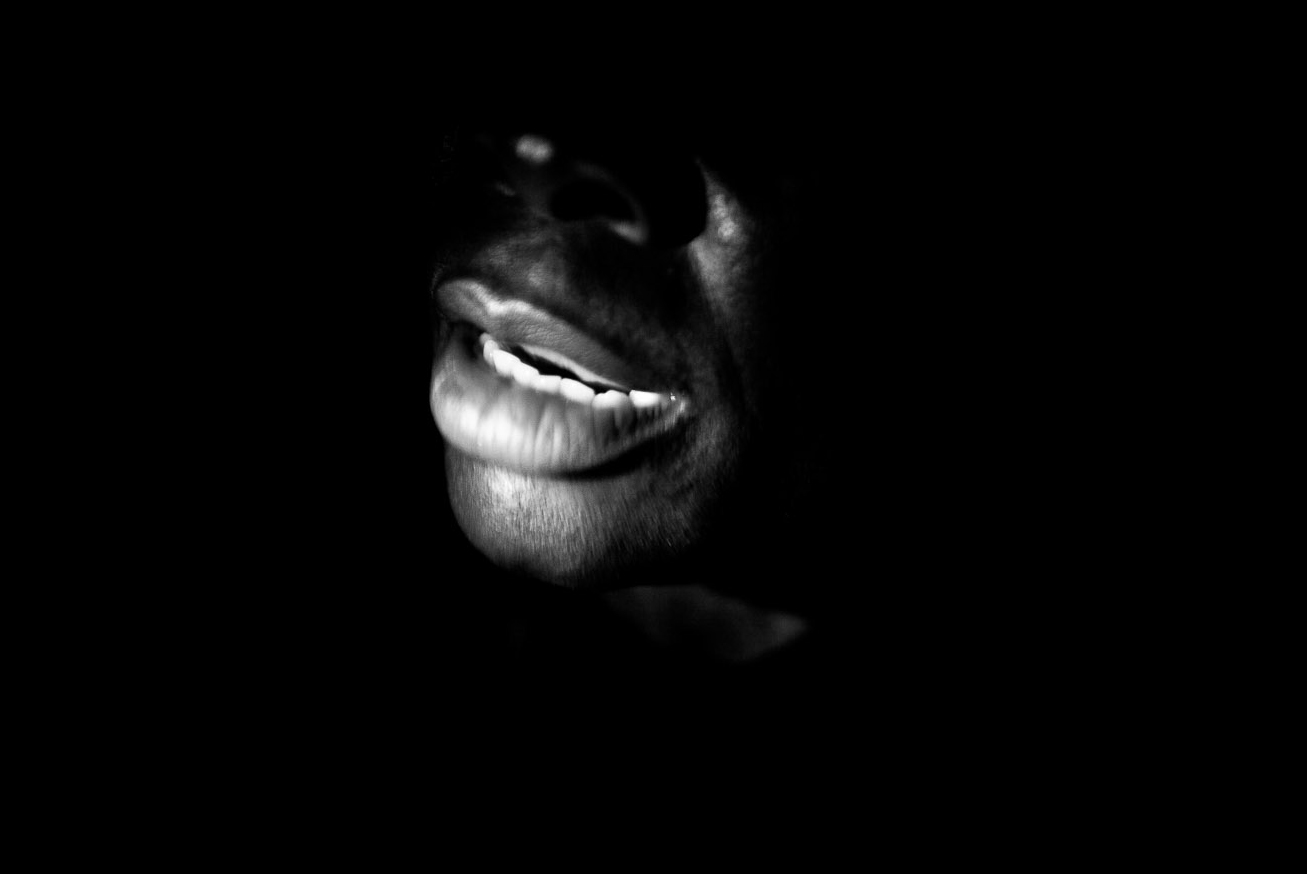SILENT EXPECT
They flee from their countries, from sub-Saharan Africa. They flee from poverty, from droughts, from war. In short, they flee from hunger. After a long and dangerous journey across the Sahara desert, those who manage to reach Morocco are one step away from the longed for "paradise". And suddenly they realize that waiting for their dream turns into a nightmare.
They flee from their countries, from sub-Saharan Africa. They flee from poverty, from droughts, from war. In short, they flee from hunger. After a long and dangerous journey across the Sahara desert, those who manage to reach Morocco are one step away from the longed for "paradise". And suddenly they realize that waiting for their dream turns into a nightmare.
Due to its geographical situation, Morocco is an important transit point for immigrants who cross the Maghreb on their way to Europe. In recent years and due to the policy of externalization of European borders, Morocco has progressively transformed by default into a country of migratory destination to Europe. The situation of migrants is particularly precarious in Morocco because of their social status, their irregular administrative situation and linguistic and cultural barriers, aspects that also impede their access to health care. These vulnerable personnel are regularly victims of police arrests, robberies and assaults of all physical and sexual nature, mostly committed by human trafficking networks and by the Moroccan police.
Many of the sub-Saharan migrants in Morocco have tried and are trying to reach Europe by jumping over the border fences of Ceuta and Melilla or embarking on a boat to cross the strait of Gibraltar.
Aware of the difficulty and danger posed by these access routes, tired to risking their lives, to suffering aggressions, to ending over and over again in hospitals and to living in terrible conditions, they do not cease their efforts to get to live in a something more dignified.

